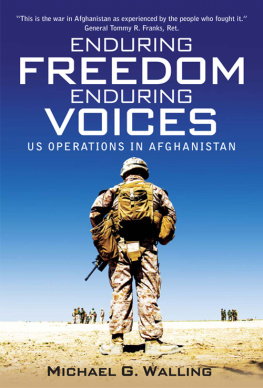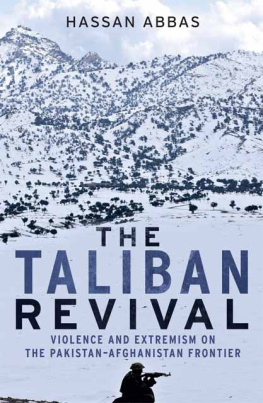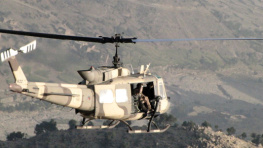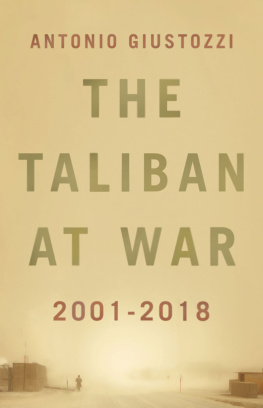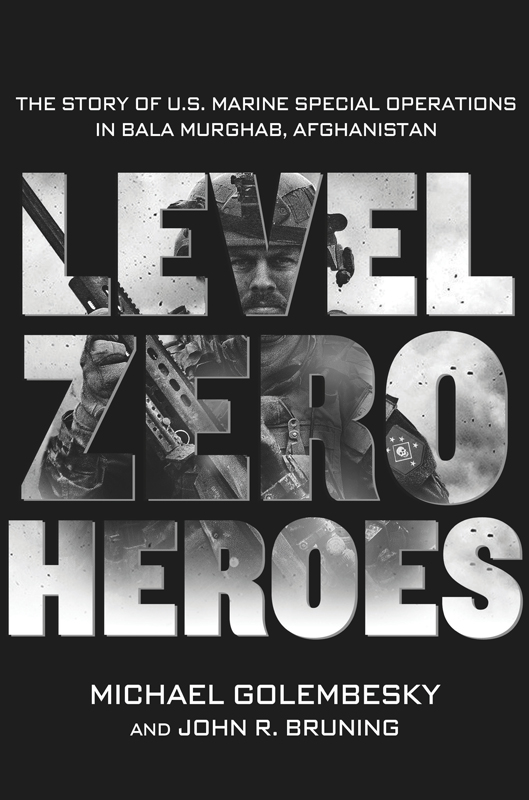Contents
Guide

The author and publisher have provided this e-book to you for your personal use only. You may not make this e-book publicly available in any way. Copyright infringement is against the law. If you believe the copy of this e-book you are reading infringes on the authors copyright, please notify the publisher at: us.macmillanusa.com/piracy.

To the men of Marine Special Operations Team 8222 and everyone who lived, fought, and died in the Bala Murghab River Valley.
* * *
Always Faithful, Always Forward
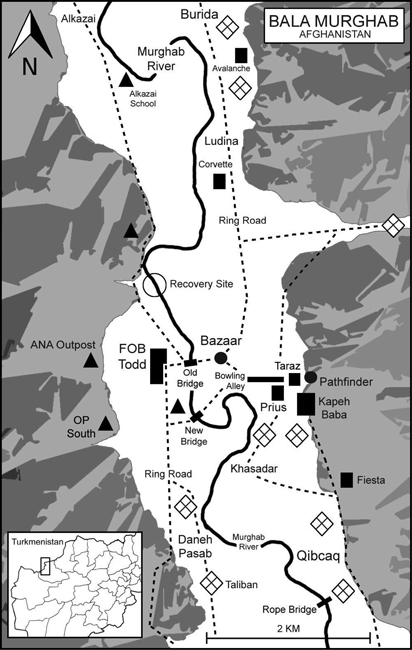
2014 Level Zero Heroes LLC
C ONTENTS
The art of war is simple enough. Find out where your enemy is. Get at him as soon as you can. Strike him as hard as you can, and keep moving on.
U LYSSES S. G RANT
A UTHORS N OTE
Before we left Afghanistan, I promised the men of my Marine Special Operations Team that if we lived through this experience I would find a way to share our story with the American people. I promised I wouldnt sugarcoat it, or turn it into a feel-good story like some of that sexy high-speed recruiting shit that Hollywood is known to produce. I wanted to tell the truth, even if the truth was something hard to swallow. The story of our team is a chronicle of a small group of extraordinary men thrown into a hopeless situation and asked to go win a war.
The men of MSOT 8222, call sign Dagger 22, represent the very best of what the Marine Corps brings to the Special Operations community. As the newest component of SOCOM, activated on February 24, 2006, Marine Corps Special Operations Command (MARSOC) hit the ground running with endless deployment cycles in support of operations in Afghanistan.
The Marines and sailors who make up these small and elite teams are asked to do nothing less than to be pioneers who will write a new chapter in Marine Corps history. The black granite blocks that sit in front of the MARSOC HQ building at Stone Bay, North Carolina, already bear the names of twenty-nine operators who have willingly given their lives performing the job that they loved, for the people they loved, and for a nation that will always be in their debt. Sadly, there is still plenty of blank space for more names to be added.
The story of Bala Murghab Valley is the story of the Afghan War in microcosm. Our struggle to liberate the valley from Taliban control reflects the challenges and trials of every unit throughout the country. Our chunk of Afghanistan happened to be an area once thought secure, and so little attention was paid to it. We arrived to discover the truth that the Bala Murghab Valley had never been secure. Instead, accommodations were made between the International Security Assistance Force (ISAF) and the enemy to live and let live. Our arrival, along with the U.S. Armys 82nd Airborne Division, changed all that.
It was my greatest privilege to have served alongside these men in some of the most hostile real estate in Afghanistan. We discovered a hidden hornets nest of Taliban fighters operating freely and without retribution. There would be no accommodating them this time. What followed was six months of firefights, night raids, and offensives. We dropped more bombs in BMG than the Army, Marines, and Air Force did during the largest battle of the Iraq War, Second Fallujah (fact).
When our days in battle came to an end, the members of Dagger 22 were recognized as the highest-decorated Marine Special Operations Team to date with eight Purple Hearts, one Silver Star, and thirteen Medals for Valor awarded to the twenty-three-man team.
To protect the identities of the people in this story, only first names have been used, with the exception of those who are deceased. Those who fellwell, I want everyone who reads this book to know their names.
As for the individuals whose actions earned our contempt, I have changed their names fully for their sake. This book was not an opportunity to take cheap shots or to point out someone elses shortfalls. God knows I have my share of those. That is something those individuals will have to live with and played absolutely no part in the truthful and accurate telling of this incredible story. But the truth is the truth, and the destructive actions of some played a significant role in what Dagger 22 experienced. To delete them from the story would be offering a sanitized version of our history, and that would diminish the accomplishments of those who withstood the fires of battle with stout and noble hearts.
This book has no political agenda on failed foreign policies or the handling of the war. I would not disrespect the men in this story by associating them with any idealism or position on these topics. I wrote the story as it happened. You be the judge of whats right and wrong. That said, we were hampered constantly by the rules with which our nations leaders have decided to fight the war in Afghanistan. Politics and the strategy that has emerged from that quagmire have cost us lives. I will not dishonor their memories by sugarcoating that reality.
War is easy. You either choose to fight or you choose not to. Afghanistan has no winners and losers, just those who survive and those who die. The Afghans, more than anyone else, know this truth, as it has been the fundamental current within their culture for centuries.
When we left the valley, we had learned it, too. We went in eager for victory. We chose to fight, we won our battles. In the end, none of it seemed to matter. None of it, except the most important thing: We did our damn best to bring everyone home.
To the team members of Dagger 22, this book is for you.
Ski
F OREWORD
By Maj. Fred Galvin, USMC (Ret.)
Former Marine Special Operations Company F commander
Level Zero Heroes describes the shared sacrifices of Marine Special Operations Team 8222 as they lived, trained, and fought together in preparation for and during their combat operations in Bala Murghab, Afghanistan. If readers can see beyond the criticism of modified grooming standards and unapologetic combat vocabulary, the greater issues of Marines succeeding in combat become clear.
Prior to September 11, 2001, Marine Corps Force Reconnaissance Teams were not officially authorized to control aviation ordnance without having a qualified Forward Air Controller, which at the time were hard to come by. While serving as Reconnaissance Instructor and Joint Terminal Attack Controller in 2001 at the Weapons and Tactics Instructors course in Arizona, a former commanding officer of mine, Colonel Jeffrey Powers, visited our squadron to coordinate our course curriculums. He was a no-nonsense combat-experienced warrior who had served several tours in Marine Reconnaissance units. We both agreed that small teams with the ability to control precision munitions were vital to success in combat. But the fact was that enlisted Marines still were not legally authorized to control aviation ordnance.
As the Director of Training, Expeditionary Warfare Training Group Pacific, where aviation officers are trained to become ground controllers, Powers was on a new mission to have enlisted Marines qualified to control firepower and shape future fights. Shortly after returning to his schoolhouse, the first enlisted reconnaissance Marine officially attended the course and became a qualified air controller. Powerss forward thinking led directly to the increase in survivability for reconnaissance and Special Operations teams throughout the following thirteen years of combat.



